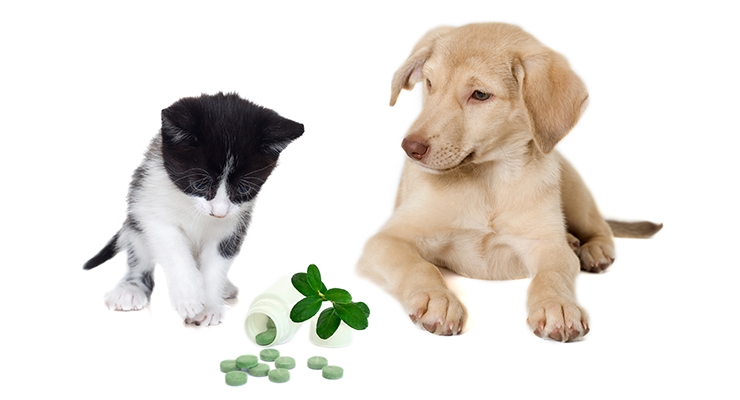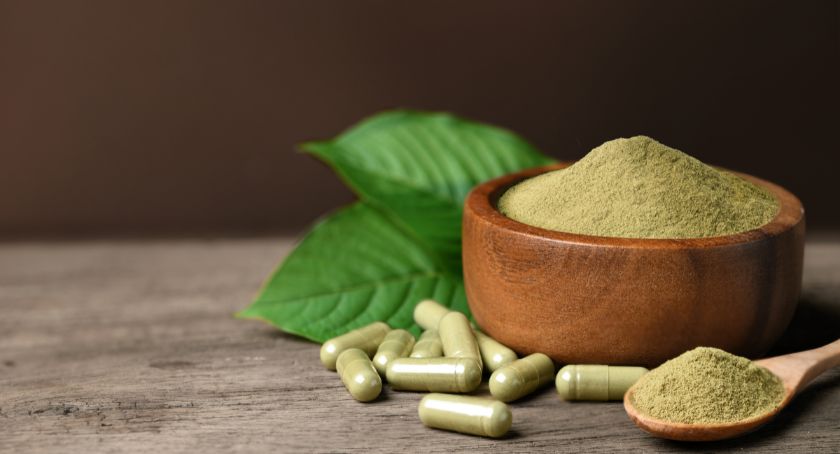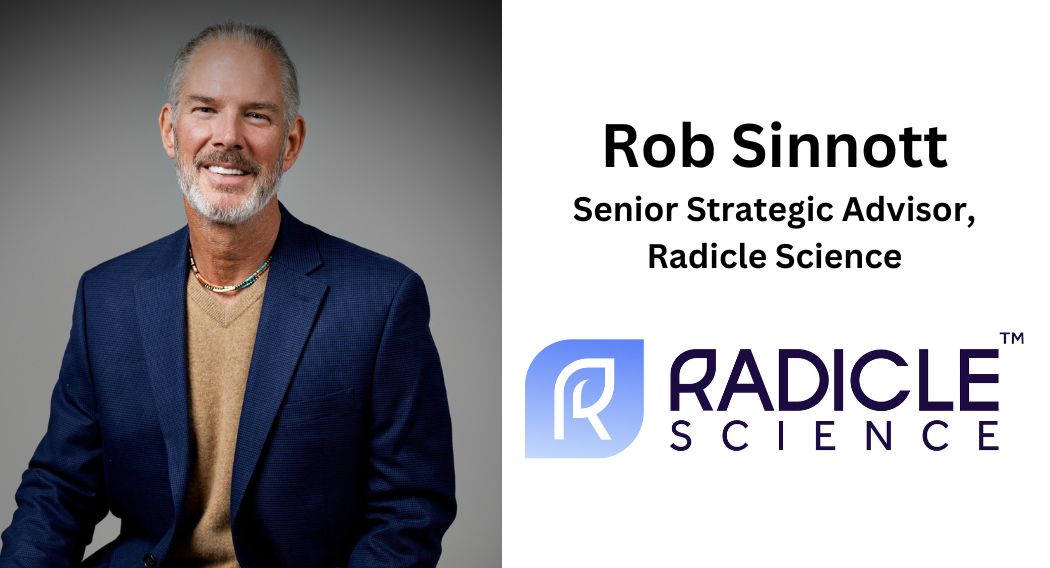Columns
Pet Supplements: A Regulatory Briefing
The market for pet products continues expanding. Make sure you’re on solid legal footing.

By: Todd Harrison
By: Michelle Jackson

Over the last decade, there has been an explosion of pet supplements being marketed in the U.S., but there still seems to be little understanding regarding the regulatory status of these formulations.
In 1994, Congress passed the Dietary Supplement Health and Education Act (DSHEA), which defines a dietary supplement as a product intended to supplement the diet and that contains at least one or more of the following ingredients: a vitamin; a mineral; an herb or other botanical; an amino acid; a dietary substance for use to supplement the diet by increasing total dietary intake; or a concentrate, metabolite, constituent, extract or combination of any of the previously mentioned ingredients.
The main effect of DSHEA was to remove certain dietary ingredients from regulation as food additives, which requires premarket approval. However, in 1996, the Center for Veterinary Medicine (CVM) announced that DSHEA does not apply to animal products. Thus, many substances permitted in human dietary supplements may not be legally sold in animal supplements if they do not provide nutritive value to the target species’ diet.
In announcing that DSHEA does not apply to animal products, CVM reasoned that many substances that qualify as dietary supplements for human consumption, such as botanicals, have a history of use in humans that can be applied to establish reasonably safe levels. However, the same is not true for many of the same ingredients in animals. Animals may react very differently to substances than humans, and even small doses can cause adverse effects. Moreover, each animal species requires different nutrients, absorbs and metabolizes nutrients differently, and can exhibit different toxic reactions to food and its components. For instance, dogs are extremely sensitive to 9-delta THC, so giving your dog a THC gummy is not a wise choice.
What’s Allowed?
In general, the Food, Drug and Cosmetic Act (FDCA) requires that animal feeds be pure and wholesome, contain no harmful or deleterious substances, and be truthfully labeled. Currently, only those substances that are 1) common food ingredients, such as water, salt, and pepper; 2) listed as Generally Recognized As Safe (GRAS) in FDA regulations at 21 C.F.R. Parts 582 or 584; 3) listed as approved food additives in FDA regulations at 21 C.F.R. Part 573; or 4) listed as approved color additives for food in FDA regulations at 21 C.F.R. Parts 73, 74, or 81, are permitted in animal feeds, including animal/pet supplements that are being sold as feed.
In addition, the FDA has agreed to exercise its enforcement discretion to permit defined ingredients in the Official Publication of the Association of American Feed Control Officials (the AAFCO book) to be included in animal food, so long as 1) they are used as sources of nutrients, aroma, or taste and 2) there are no apparent safety concerns about the use or composition of the ingredient.1
However, it is unclear how long the agency will continue to recognize the AAFCO book definitions. In a Memorandum of Understanding entered into in 2007 and renewed in March of 2015, FDA and AAFCO agreed to collaborate in the development and approval of animal feed ingredient definitions.2
However, also in March of 2015, FDA announced its intention to bring the AAFCO ingredient definitions and standards completely under the FDA GRAS and food additive framework.
Specifically, the agency intends to (re)evaluate all feed ingredients that appear in the AAFCO book but are not listed in FDA regulations as GRAS or approved as food additives. FDA intends to determine whether there is sufficient scientific evidence to affirm the ingredient as GRAS or approve it as a food additive. When there is not sufficient evidence available for FDA to make a GRAS or food additive determination, the agency intends to require companies to submit food additive petitions in order to continue using an ingredient in animal feed products. Thus, while an ingredient might currently be permitted due to its listing in the AAFCO book, companies should understand that the permissibility of the ingredient is subject to change in the near future.
An Alternate Route
With the above standard in mind, many unapproved ingredients are currently marketed for use in animal supplements, including burdock, comfrey, echinacea, ginseng, horsetail, and nettles. Currently, none of these ingredients are permitted for use in animal supplements.
However, because of the work of the National Animal Supplement Council a third option does exist. This route permits the marketing of dosage formed product with ingredients that are not included on the lists mentioned previously, or with claims that are not derived from the nutritive value of the product, with the knowledge that the product will technically be considered an unapproved new animal drug.
Generally, FDA considers these products to be “drugs of low regulatory priority” if the product does not pose a health or safety risk to the target animal, is not marketed with disease claims, and the claims are not generally false and misleading. (“Low regulatory priority” means that the products are low on FDA’s priority list with regard to enforcement, and the agency has generally not been active with enforcement actions in this area.)
Instead, enforcement is typically handled on the state level, which makes it a state-by-state issue. Some states are much more permissive when it comes to ingredients that are not included on one of the three lists discussed previously. However, there is a chance that one or more states will object to the sale of the product, and those states could ultimately suspend or prohibit the sale of the product in that state. Ultimately, it is a business decision for the company to make depending on how much risk it is willing to take.
Please note that in many states, if a product is intended to be used as an animal food ingredient, become part of an ingredient or food, or be added to an animal’s drinking water, the state automatically classifies the product as an animal food. In those states, any product that is intended to be ingested via one of these routes of administration but that does not meet the ingredient requirements discussed previously will be considered an adulterated feed.
In certain states and under specific circumstances, a product that does not meet the definition of a food might be considered a “Dosage Form Animal Health Product.” Specifically, in order to qualify as a Dosage Form Animal Health Product, the article must be intended to support a specific structure or function of the body; be non-nutritional; not contain approved feed ingredients (i.e., no GRAS, approved food additive, or AAFCO ingredient); be in tablet, capsule, powder, or liquid form; and not contain directions to add the product to the feed or water of animals.
If you intend to market the product as a Dosage Form Animal Health Product, we recommend you evaluate whether the product can be marketed under the National Animal Supplement Council (NASC) guidelines. Please note that not all non-feed supplements will appropriately fall under the NASC guidelines. If a product does meet the NASC guidelines, the council has published templates for labels for Dosage Form Animal Health Product that many states recognize. However, it is important to note that some states do not recognize the NASC template and may require a company to follow the feed regulations in that state.
If you choose to go the route of a non-feed supplement, you may avoid the requirement to register with many states as an animal feed and may avoid the annual fees associated with the same. However, certain states do require the registration of Dosage Form Animal Health Products. Regardless, if you are looking into marketing a Dosage Form Animal Health Product we strongly encourage you to join NASC, as their work on behalf of the animal supplement market is the reason that federal and state regulators view the animal supplement industry favorably.
Todd Harrison
Venable
Todd Harrison is partner with Venable, which is located in Washington, D.C. He advises food and drug companies on a variety of FDA and FTC matters, with an emphasis on dietary supplement, functional food, biotech, legislative, adulteration, labeling, and advertising issues. He can be reached at 575 7th St. NW, Washington, D.C. 20004, Tel: 202-344-4724; E-mail: taharrison@venable.com.
Michelle Jackson
Venable
Michelle Jackson is a partner with Venable. She focuses on regulatory counseling related to the development, design, formulation, manufacture, distribution, and promotion of Food and Drug Administration (FDA)-regulated products, including medical devices, foods, dietary supplements, drugs, homeopathic remedies, cosmetics, medical foods, and animal products, as well as in vitro diagnostics. She can be reached at 202-344-4492; mcjackson@venable.com.
References
1. See Memorandum of Understanding 225-07-7001: Memorandum of Understanding between the United States Food and Drug Administration and the Association of American Feed Control Officials, available at https://bit.ly/2TA43Yw; see also Ingredients & Additives, Food and Drug Administration, https://bit.ly/2UBpq8m
2. 225-07-7001 Modification: Memorandum of Understanding between the United States Food and Drug Administration and the Association of American Feed Control Officials, available at https://bit.ly/2Fa2sjp




















